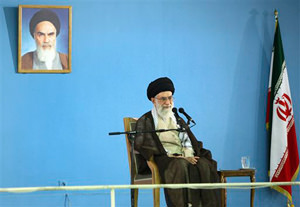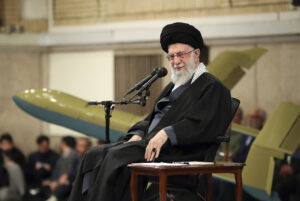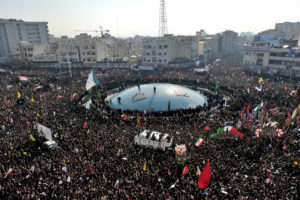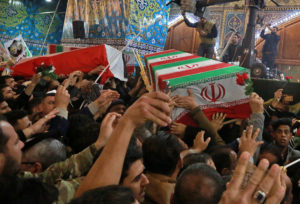Iranians Still Split Over Election
Although Ayatollah Ali Khamenei, aka Iran's supreme leader, has called the recent protests over the contested election evidence of foreign powers meddling in his country's affairs, his words didn't seem to sway Iranian opponents, who on Monday proposed a referendum to sort out the issue.
Although Ayatollah Ali Khamenei, aka Iran’s supreme leader, has called the recent protests over the contested election evidence of foreign powers meddling in his country’s affairs, his words didn’t seem to sway Iranian opponents, who on Monday proposed a referendum to sort out the issue.
Your support matters…Los Angeles Times:
The call for a referendum is the latest in a series of direct challenges against the authority of supreme leader Ayatollah Ali Khamenei, whose demand weeks ago that Iranians accept Ahmadinejad as president for a second term has gone unheeded.
In pointed comments aimed at the reformist camp, Khamenei warned the country’s political class that “any words they utter, any action they take, any analysis they express” could help the nation’s international rivals.
“It is examination day,” he said. “But anyone who flunks the exam cannot retake it the next year. Failing in this exam is not flunking, it is collapse.”
Independent journalism is under threat and overshadowed by heavily funded mainstream media.
You can help level the playing field. Become a member.
Your tax-deductible contribution keeps us digging beneath the headlines to give you thought-provoking, investigative reporting and analysis that unearths what's really happening- without compromise.
Give today to support our courageous, independent journalists.






You need to be a supporter to comment.
There are currently no responses to this article.
Be the first to respond.